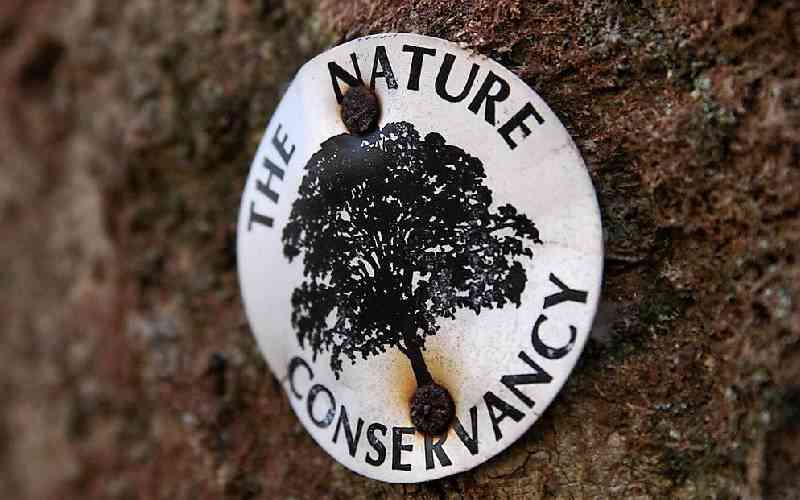
Audio By Vocalize

As the world converges in Nairobi for the sixth UN Environment Assembly, there is a pressing need to consider nature-based solutions in addressing the urgent and interconnected crises of climate change, biodiversity loss, and pollution.
Within nature lie readily deployable solutions to tackle these crises, serving as the first line of defence with its original carbon-capture technology. These scalable, cost-effective, and readily available solutions encompass proven methods of storing and reducing carbon emissions in forests, grasslands, and wetlands through activities like reforestation, improved forest management, coastal wetland restoration, and cropland management.
Nature has proven to be a fundamental component in our fight against climate change. Achieving targeted temperature reductions is unattainable without nature, which has the potential to deliver approximately 30 per cent of the targeted climate solutions by 2030.
The Nature Conservancy has been pivotal in spearheading initiatives aimed at conserving Africa's iconic landscapes and enhancing the lives of communities. Our work, focusing on land, freshwater, oceans, and climate change, has made significant strides, yet the journey ahead remains substantial.
In Western Tanzania, for instance, women-led nurseries are aiding in the regeneration of the wildlife corridor connecting Mahale Mountains, home to endangered chimpanzees, to Katavi National Park, simultaneously supporting community livelihoods. In Loisaba, Northern Kenya, communities work to eliminate the invasive opuntia cactus, providing space for recently relocated endangered black rhinos. Similarly, in the Kiunga Marine National Reserve, sustainable fishing gear exchanges are lessening fishing pressure, showcasing how community involvement and sustainable practices can coalesce to protect biodiversity hotspots.
These transformative efforts across the continent, guided by scientific principles aim not just at conservation. They also strive to foster a nature-based economy, that yields wide-ranging benefits such as enhanced livelihoods, improved water quality, clean air and biodiversity protection.
The potential to scale up these nature-based solutions is immense, as they not only restore and protect vulnerable ecosystems but also positively impact the livelihoods of communities. This rationale underscores The Nature Conservancy's decision to bolster its conservation capacity, supporting the continent's ability to effectively address urgent environmental crises.
Nature-based solutions provide a pathway to protect nature for people by empowering communities to act as stewards, effectively safeguarding it with better outcomes. Community involvement in conserving biodiversity should enhance their lives by securing their rights, promoting sustainable resource management, and benefiting their livelihoods and cultures.
A vital lesson from championing nature-based solutions is the value of collaboration. Partnerships play a crucial role in mobilizing sustainable funding and combining global models with local knowledge to address colossal challenges like the current environmental crises. In all interventions, The Nature Conservancy brings together a diverse array of stakeholders, including governments, non-governmental organizations, communities, and the private sector, for effective large-scale collaboration and lasting impact.
Deploying nature-based solutions is a collective effort, depending not only on governments but also on active and sustained engagement from various actors, including national, regional, multilateral, and international organizations, as well as the public and private sectors and civil society. As the urgency of tackling environmental crises intensifies, there is a critical need for the world to seize the moment, joining hands to deliver enduring and transformational impact for generations to come.
Written by TNC, The Nature Conservancy